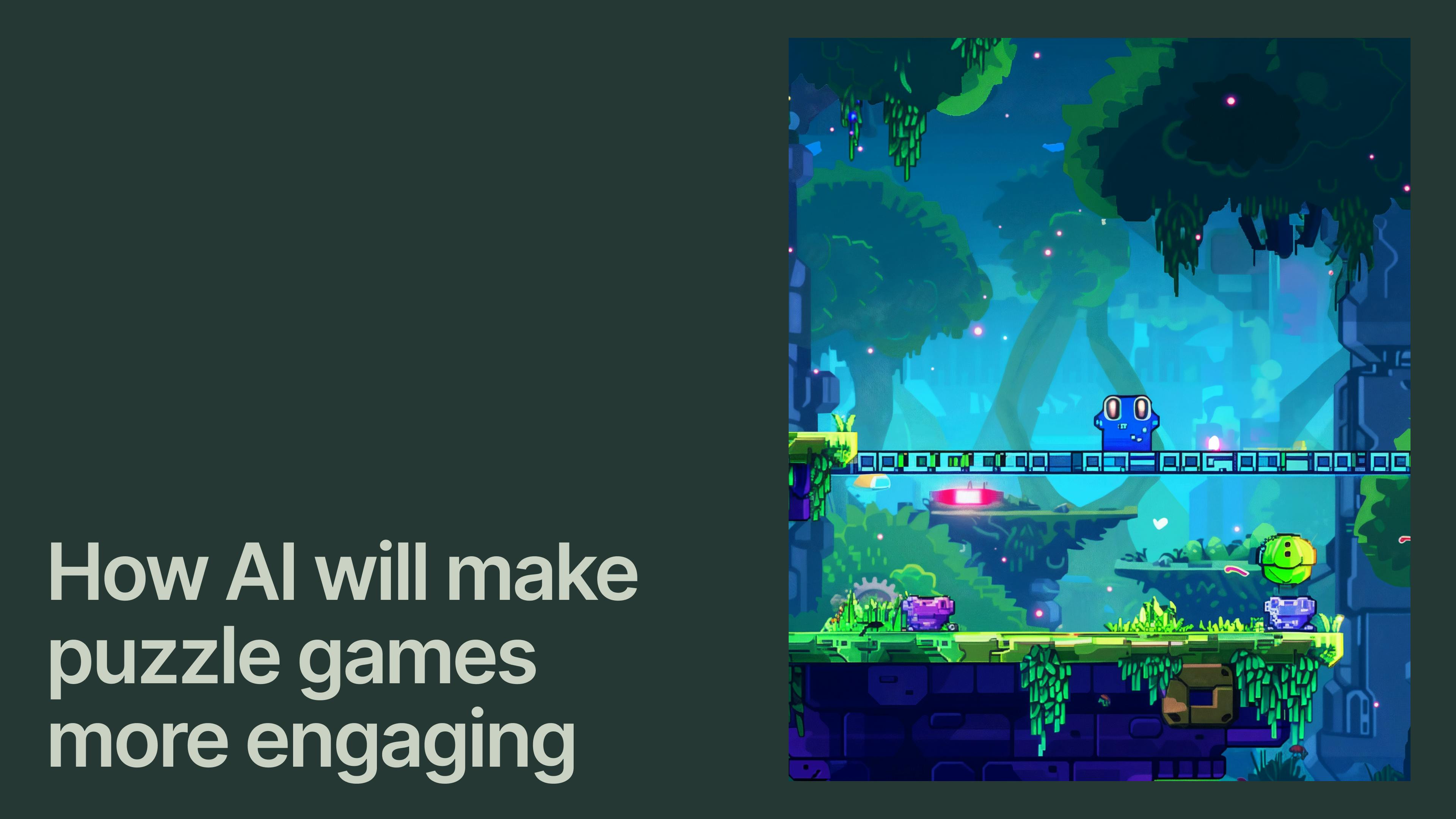Voice Assistants and AI Companions in Games: Redefining Player Engagement
The gaming industry is evolving, and artificial intelligence (AI) is at the heart of this transformation. One particularly exciting area is the rise of AI-driven voice assistants and companions that not only assist players but also create a deeper emotional connection, enriching the overall gaming experience.
How AI in puzzle games will make them more interesting you can find out more here : https://inworld.ai/blog/ways-t....o-integrate-generati
From Tools to Partners
Traditionally, in-game companions were limited to predefined scripts and actions. Their roles were often functional—helping with combat, providing hints, or advancing the storyline. AI, however, has transformed these companions into adaptive and emotionally responsive entities. Voice assistants in games now go beyond simple commands, offering dynamic conversations, contextual advice, and even personal encouragement during critical moments.
Enhancing Immersion
Imagine playing a post-apocalyptic game where your AI companion doesn’t just give directions but reflects on the grim world around you, making witty or melancholic remarks. Games like The Last of Us have shown how emotionally complex companions can enhance storytelling. With AI, these interactions become even richer, as companions adapt their dialogues and behaviors based on your actions and progress.
Emotional Connection and Player Engagement
AI companions are designed to forge emotional bonds. Using natural language processing (NLP) and sentiment analysis, they can gauge the player’s tone and respond appropriately. For instance, a frustrated player might receive words of encouragement from their AI partner, while a successful streak might prompt congratulatory banter. This emotional intelligence makes the game feel more personal and interactive.
Practical Assistance in Gameplay
AI-driven voice assistants can act as strategic advisors, helping players optimize their gameplay. In complex strategy games or large open-world adventures, these assistants can analyze data in real-time, suggest optimal paths, or remind players of unfinished objectives. This reduces frustration and keeps the focus on fun and exploration.
Challenges and the Road Ahead
Developing such advanced companions is not without challenges. Striking the right balance between helpfulness and over-involvement is key, as too much interference can detract from the player's autonomy. Moreover, ensuring that AI interactions feel organic rather than mechanical requires sophisticated design and constant refinement.
A Future of Deeper Connection
As AI technology continues to evolve, the potential for in-game voice assistants and companions grows exponentially. Future developments might include companions with evolving personalities shaped by the player’s decisions or assistants capable of creating custom narratives and challenges.
AI-driven companions are no longer just support characters; they are becoming integral to storytelling and player immersion. By bridging the gap between human emotion and machine intelligence, they are setting a new standard for interactive entertainment, offering players not just a game but an unforgettable journey.




